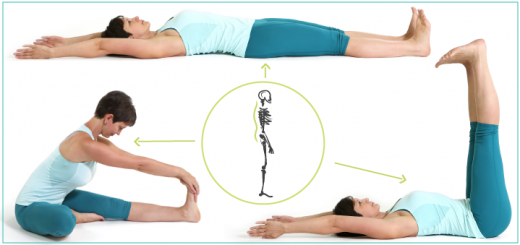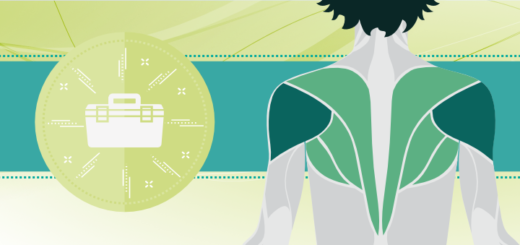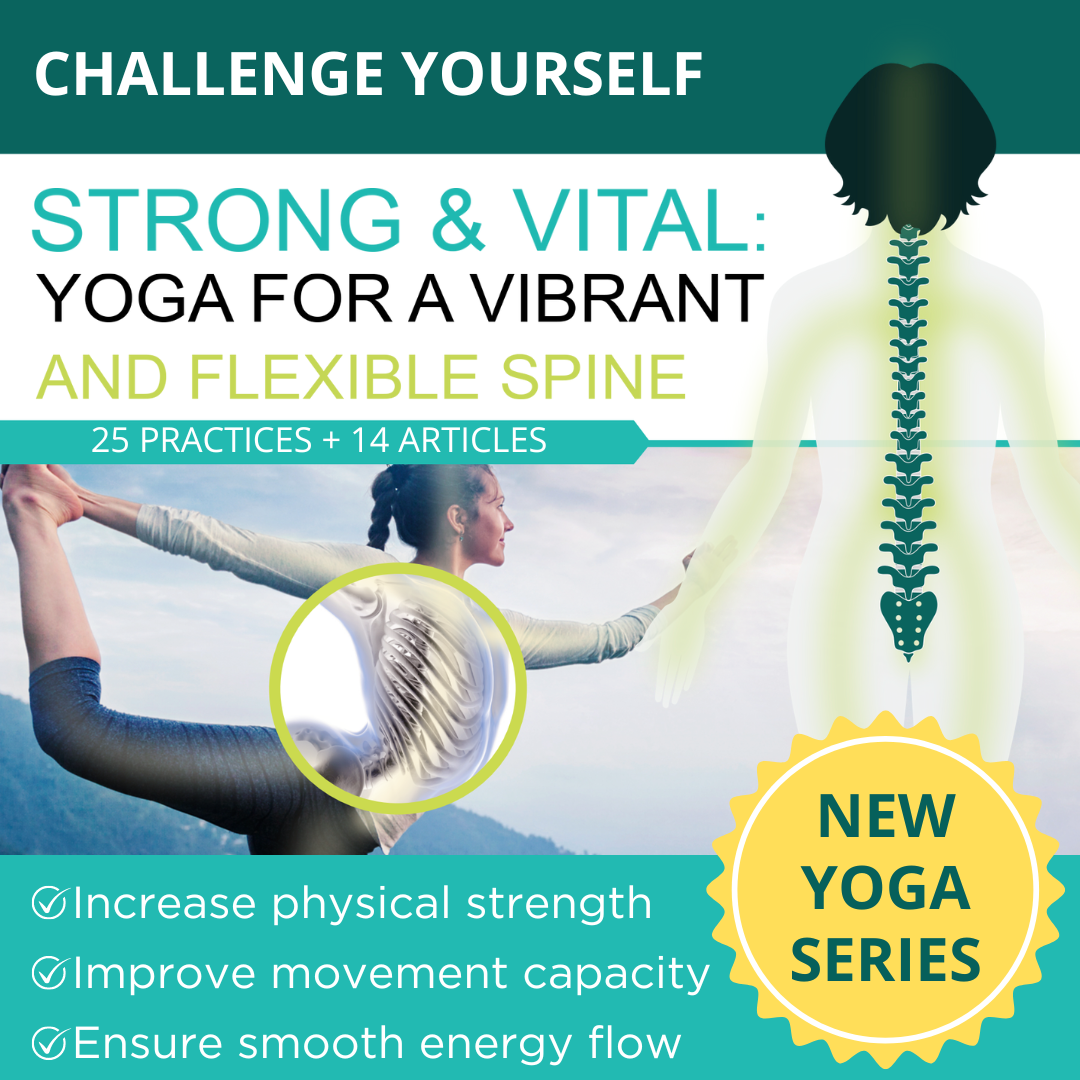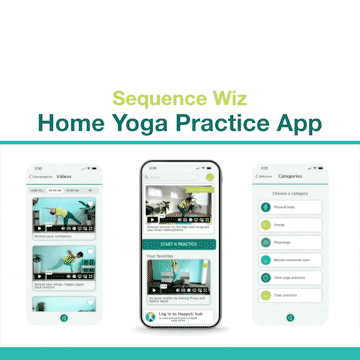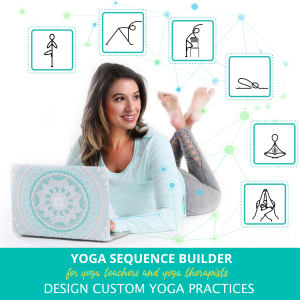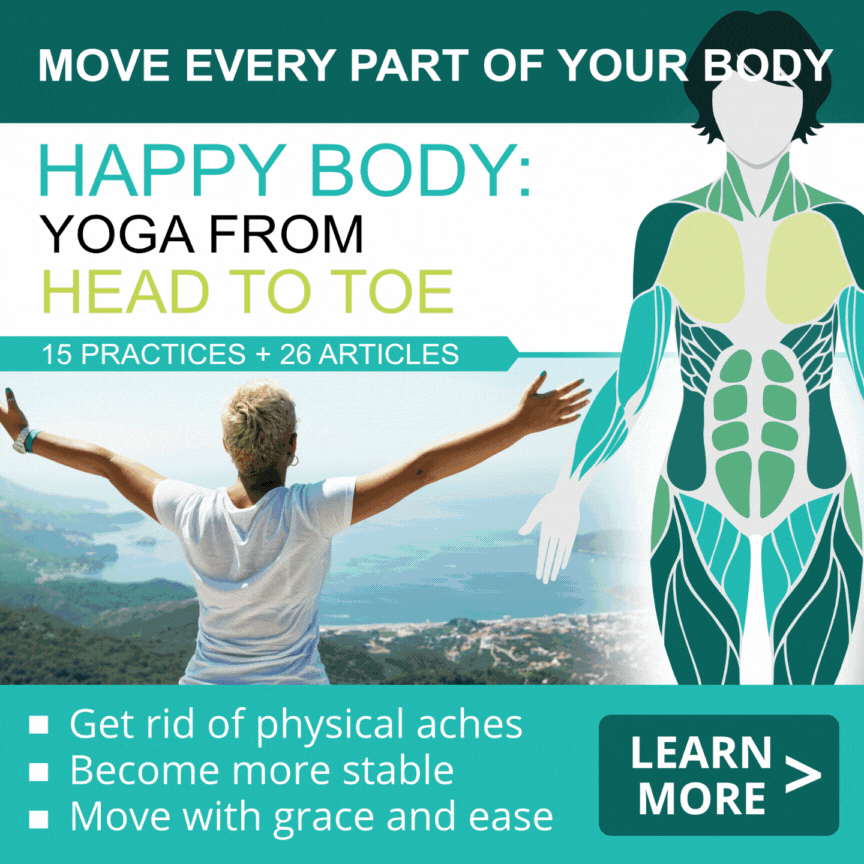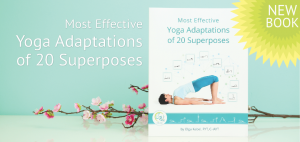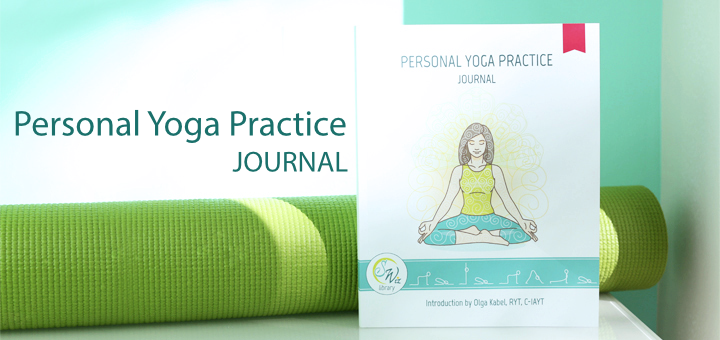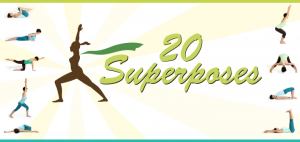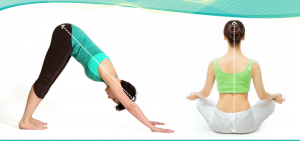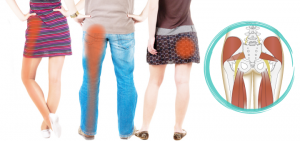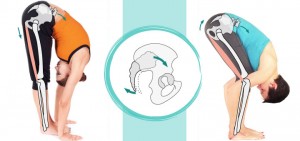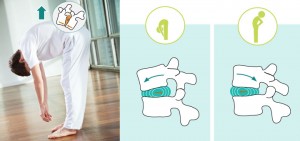Are you a Velcro-kind of person or a nonstick kind?
0Are you feeling stressed? Are you worried that stress would compromise your health? According to Professor David Almeida and his team of researchers at Penn State, it is more about your attitude than the actual stressors. They found that, contrary to popular perception, it’s not the stressors themselves that cause health problems but our reactions to them that affect our health.
“Our research shows that how you react to what happens in your life predicts your chronic health conditions today and ten years in the future, independent of your current health and your future stress,” wrote David Almeida. “For example, if you have a lot of work to do today and you are really grumpy because of it, then you are more likely to suffer negative health consequences ten years from now than someone who also has a lot of work to do today, but doesn’t let it bother her.” (1)
The researchers analyzed the data from 2,000 individuals ten years apart and concluded that people who got rattled by daily stressors and continued to reminisce about them afterward were more likely to suffer from chronic health problems (especially pain, arthritis, cardiovascular issues, and mental health problems) ten years later.
Professor Almeida likes to think of people as being one of two types: the Velcro people, and nonstick people. “With Velcro people, when a stressor happens, it sticks to them; they get really upset, and, by the end of the day, they are still grumpy and fuming.” On the other hand, with nonstick people, “when stressors happen to them, they slide right off. It’s the Velcro people who end up suffering health consequences down the road.” (1)
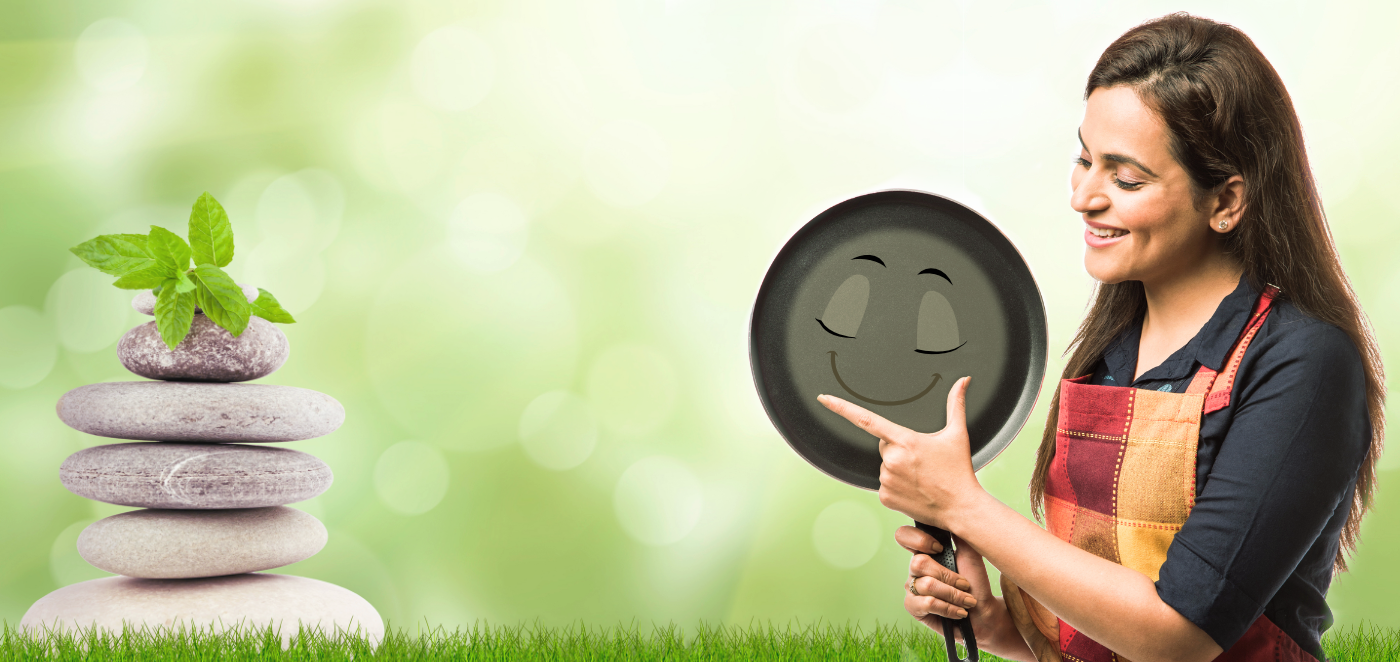
Stress, of course, might mean that your life is filled with genuine hardship, or it can indicate that you are living a life full of new experiences and activities (since your nervous system perceives anything out of the ordinary as mildly stressful).
What kind of person do you think you are? Do you tend to dwell on things that get in your way — disruptions, hassles, conflicts, negative thoughts, and bad news — or do you let them slide off and “roll with the punches”? The kind of responses you usually resort to might be partially related to your temperament, partially reflective of your family environment, partially culturally enforced, or just developed as habitual, unexamined reactions.
As Dr. Samantha Boardman puts it: “Like beauty, bother is in the eye of the beholder.” (2).
This is one of the major areas where yoga can be particularly helpful. You can use yoga not just to take care of your body, but also to cultivate a view of an observer, training yourself to see your sensations, thoughts, and reactions from a bit of a distance. Once you create that bit of space between yourself and things that trouble you, they begin to lose their power, and it becomes much easier to shake them off. In short, you move in the direction of replacing your Velcro-like tendencies, with nonstick ones.
With the hustle and bustle of the holiday season fast approaching, will you let the small irritations bother you? Or will you choose not to be bothered?
[jetpack_subscription_form]
References
- Reactions to everyday stressors predict future health by Science Daily
- Everyday Vitality: Turning Stress into Strength by Samantha Boardman

